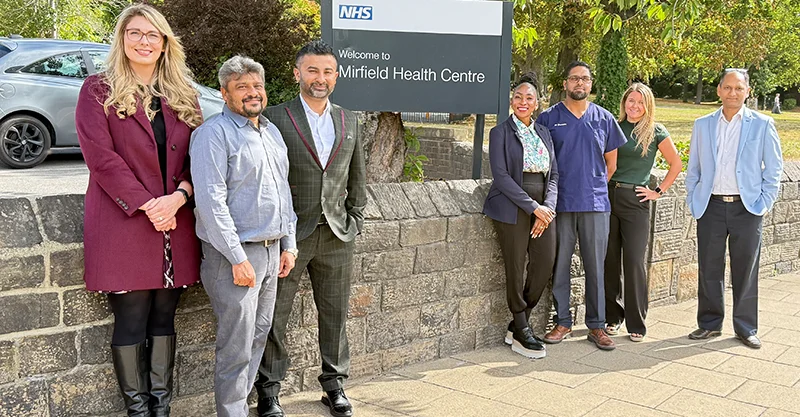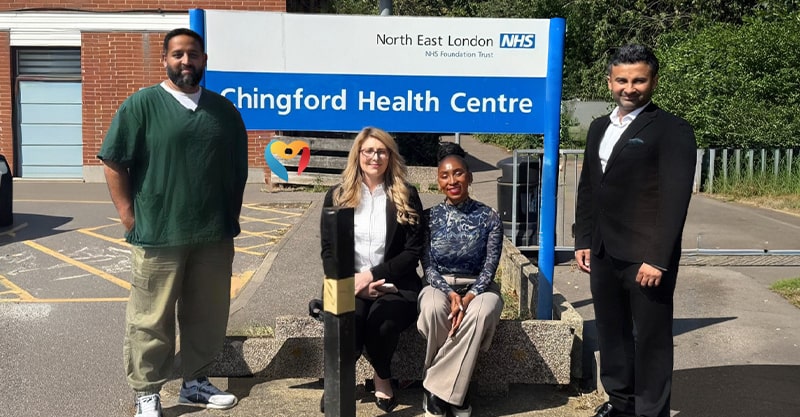Acute Stress Reaction

An acute stress reaction is known to occur after any unexpected crisis event in someone’s life, like the death of a loved one, surviving a serious accident, the sudden loss of a job or business or any other traumatic event.
Brief Description
Acute symptoms develop, but they are not long-lasting. Survivors of terrorist attacks, natural disasters and road traffic accidents typically suffer from acute stress reactions for a few weeks after recovering physically. Similar stress reactions are also found in victims of domestic violence and sexual assaults. Wars or armed conflict causes acute stress reactions in civilians as well as in army personnel. However, the life event doesn’t always need to be as dramatic as this to cause an acute stress reaction.
Symptoms of Acute Stress Reactions
The reaction develops within minutes or a few hours after the occurrence of the stressful event. The symptoms are both psychological and physical in nature. The common psychological symptoms include:
- High anxiety, depression, irritability, mood swings, insomnia, poor concentration and a need to isolate.
- Recurrent nightmares or flashbacks are intense and gradually fade away as time passes.
- Avoidance of objects, places or thoughts which can trigger memories of the event or person. This leads to isolation and avoiding conversations and people that cause distress and anxiety.
- Self-destructive or aggressive behaviour.
- Emotional numbness and feeling of detachment from others.
Physical symptoms such as:
- Palpitations – a thumping heart.
- Nausea or dizziness and frequent fainting.
- Pain in the chest and abdomen.
- Headaches
- Difficulty in breathing normally.
These physical symptoms are caused by release of excessive stress hormones, like adrenaline or epinephrine. They subside normally within a few days on their own.
Treatment of acute stress reaction
In general, no treatment is required as the symptoms subside within a few days after the stressful event is over. The understanding of the cause of symptoms and support of the family and loved ones is crucial for recovery. However, in case of severe or prolonged symptoms lasting beyond 2 weeks, the following therapies are known to help.
Counselling
Clinical psychologists and psychiatrists conduct counselling sessions for the people suffering from an acute stress reaction. This counselling can be a group setting or an individual one-on-one session. The session involves finding ways to deal with the stress and symptoms. Online counselling and helplines are a viable option for effective and anonymous counselling these days.
Cognitive behavioral therapy (CBT)
This therapy approaches the problem by trying to talk it out with the person and find patterns of behavior or thinking and try to break those patterns. Many disorders like insomnia, alcoholism, smoking and phobias can be effectively treated by CBT.
Medications
Psychiatrists can prescribe medicines if the stress reactions are severe and prolonged.
A beta-blocker helps relieve the physical symptoms, which are caused due to release of stress hormones. Beta-blockers are not addictive and have few side effects.
Diazepam is a commonly used drug which is a type of tranquiliser. These are used rarely and for very short durations for relief. Benzodiazepine is addictive and higher dosages will be needed when taken for more than a few days.
Prolonged Acute Stress Reaction
If the symptoms persist for more than one month, it is necessary to consult a psychologist or a doctor. In some of these cases, the initial acute stress reaction may have developed into a post-traumatic stress disorder, which is harder to treat. Alcoholism is another common method adopted by people to heal themselves. Alcohol may calm your nerves for a short while, but leads to problems of mood fluctuations, heightened anxiety and liver damage in the long run.
If you think you or someone you care about may be suffering from an acute stress reaction, please download the CheckUp Health app now and book a video or audio call with a private GP, daytime or evening, 7 days/week, or speak to your NHS GP.



